In the political system, an important role is played by elected officials of local self-government. What can be said about them? Who can be called the official of the elective type? This article will give a detailed description of the concept presented, the main powers of the person in question, the requirements for his professional activity, principles of work, etc.
Who is the elected official?
Unfortunately, finding a federal legal act with a detailed description of the activities of the represented person will be very problematic. The Constitution of the Russian Federation or the Federal Law of the Russian Federation on the principles of the structure of Russian local government, although they give definitions, is, unfortunately, rather dry. However, there are many regional regulations that provide a fairly detailed description of the concept. So, one of the regional laws on the status of the person in question can be taken as a basis. In the first article, the following definition is given here: an elected official is a people's representative, chosen by voting or put forward by a representative body of local self-government. He is endowed with a certain number of powers related to resolving issues of a regional type. An elected official shall replace a municipal elected office. All the powers of such a person should be connected with the municipal charter.
Who is worth highlighting in this system?
According to the law, an elected official is usually the head of the municipal government, as well as some local government workers. The head of a municipal district is a person who heads the activities for the implementation of local self-government in a particular region.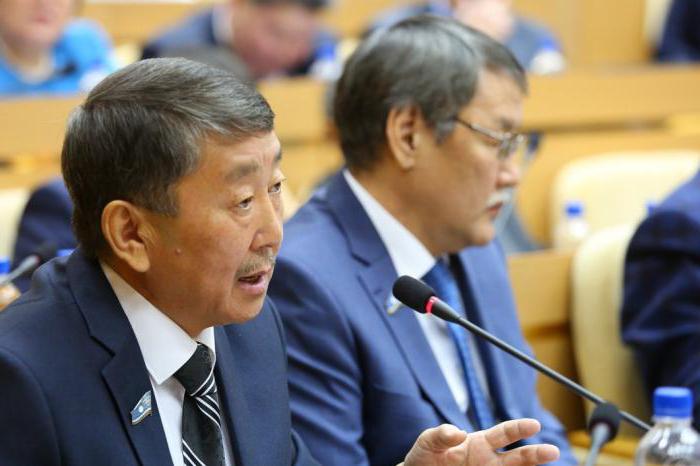
The names of the head of the municipal district and other persons of an elected type, questions on their election, terms of office, competence and types of activity - all this is determined only by regional laws and multiple by-laws. So, the charter of the regional formation of the Voronezh region will significantly differ from the form of the charter, for example, of the Magadan region. This is the principle of federalism.
Basic concepts
A deputy, an elected official of local self-government, the chairman of the municipality - there are too many of these concepts, and therefore it will not be so simple for an ordinary citizen to understand them. In order to prevent confusion, it is necessary to give definitions of all the concepts presented. So, according to federal laws, an elected local government official is just the head of the local administration. But there may be exceptions; for example, in many regions, elected representatives are also some representatives of certain municipal posts, whose powers include executive and administrative functions.
The head of the municipal type is the highest person in the region. A deputy is any member of the municipality of a representative type.
There is also a special election commission whose functions include organizing the conduct of electoral processes in the municipal district.
Legal status
What, according to the law, is included in the legal status of an elected local government official? It is always the duties and rights of a person, guarantees of his activities, as well as certain legal restrictions of authority.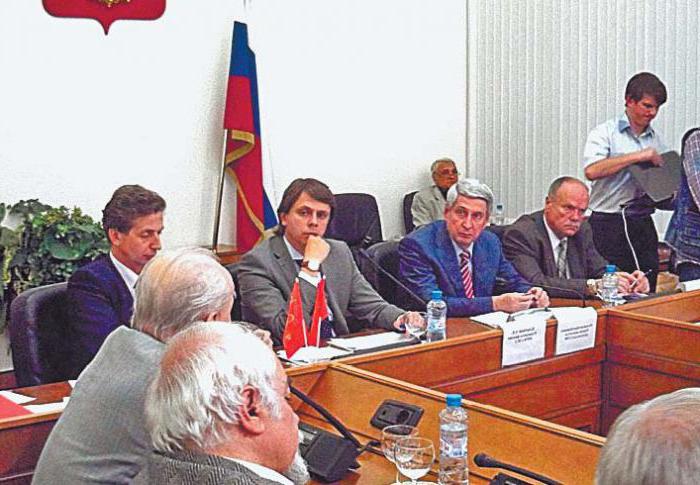
The status of an elected official is established by the Russian Constitution, the Federal Law on the Principles of the Organization of Russian Local Self-Government, as well as the legal act of the region itself. The powers of an elected official, as well as the restrictions imposed on them, are always regulated by federal laws and regional acts. Federal labor law governs the working powers of an elected official.
It is very important to note that the provisions of regional acts affecting the legal status of elected persons should not be opposed to the provisions of the Constitution of the Russian Federation and relevant federal laws.
Features of legal status
A member of an elected official of a local government body shall be provided with conditions for the exercise of authority. It is forbidden to fill in as an elected official municipal posts that belong to the municipal service according to the register of posts approved by the regional charter. As a rule, the most complete and clear list of persons of an elected official type is indicated in the municipal charter.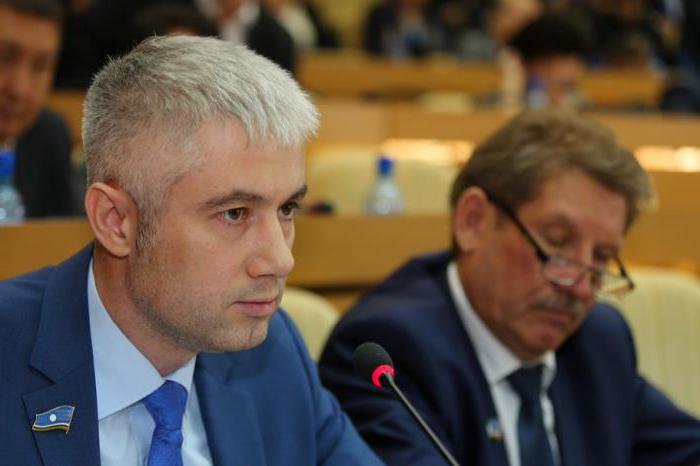
It is also worth noting that state authorities, or their officials should not appoint persons for permanent or temporary replacement of an elected post.
Powers of an elected local government official: what does the law say?
An elected official is obliged to carry out his labor activity in accordance with an employment contract, that is, on an ongoing basis. All powers of a person are secured by regional charters that do not contradict the Constitution, federal laws, as well as municipal regulations.
In some regions, a rule is allowed according to which an elected official must carry out his labor activity on an intermittent basis if less than 300 people live in the municipality (other figures are possible); an employment contract is not concluded, and if it is, then only part-time.
The powers of an elected official can never be delegated to any other person. Naturally, the elected official himself is always a law-abiding citizen, observing the provisions of federal laws, the regional charter, the Russian Constitution and other regulatory acts.
And what about the immediate functions of an elected official? To do this, you will have to turn to the aforementioned Federal law.
On the competence of a representative municipal body
Before you begin to talk about the powers of an elected official of local self-government, you need to pay attention to the relevant state authority. What is a municipal body of a representative type, what functions does it have?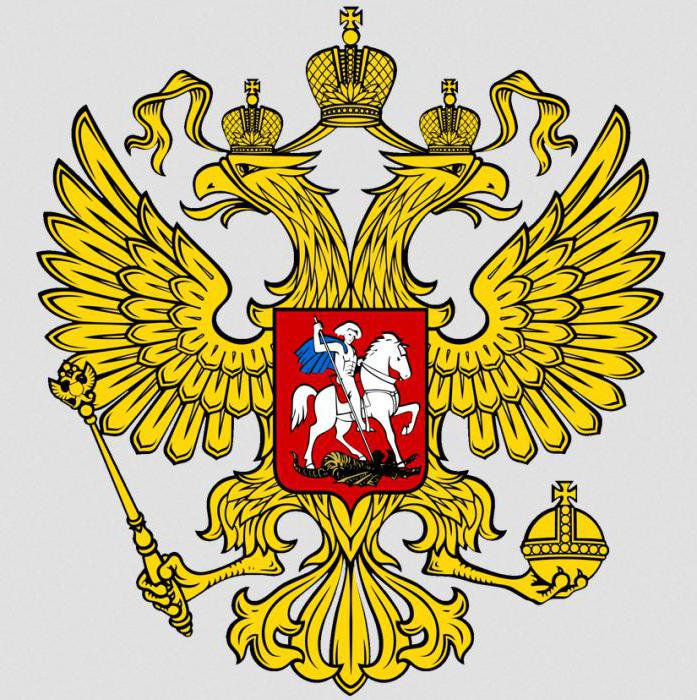
The competence of the regional representative body includes the following duties:
- execution and adoption of the municipal charter, if necessary - additions and amendments to it;
- development and approval of the regional budget, the formation of reports on its implementation;
- development, establishment, modification and cancellation of local taxes in accordance with Russian law;
- adoption of programs and plans for the development of the region;
- determination of the procedure for managing municipal property;
- making decisions on the creation, amendment and liquidation of municipalities;
- determination of the order of the region’s participation in the field of inter-municipal cooperation;
- control over the execution by local authorities of their powers;
- making decisions on the dismissal of the head of the municipal district.
Thus, municipal representative bodies have a fairly wide range of powers. And what place does the elected official occupy in this system?
About the head of the district of the municipal type
The municipal head is the highest regional official. He is always appointed to a position under a contract concluded on a competitive basis or based on the results of municipal elections. Sometimes a represented person can be elected at a gathering of citizens, but only when it comes to settlements where the functions of the municipal representative body are assigned to a certain part of the people (elders).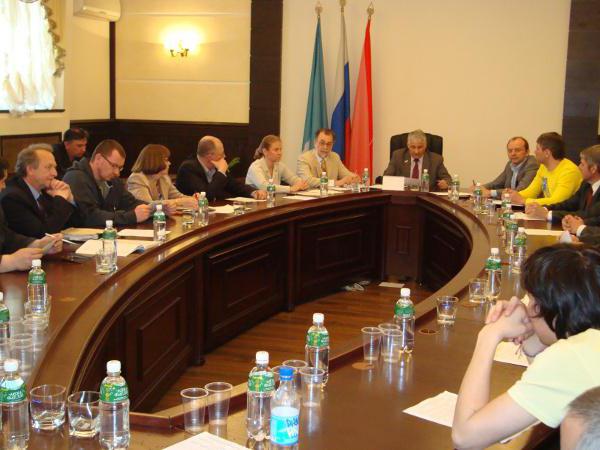
The chairman of the municipal district exercises the functions of the head of the representative body or manages the local administration. At the same time, it is forbidden to fulfill the powers in the two areas presented at the same time.
On the authority of the head of the municipality
The Federal Law of 2003, which regulates the principles of the organization of local self-government in the Russian Federation, assigns the following powers to the head of a municipal formation:
- the obligation to represent the municipality in relations with local authorities of other municipalities, in relations with state bodies, with ordinary citizens;
- registration, execution and promulgation of normative acts adopted by municipal representative bodies;
- publication of legal acts within the limits of their functional duties;
- the demand for convening extraordinary meetings of representative municipal bodies;
- ensuring the quality performance of their functions by local authorities.
It is worth telling in more detail about the duration of the term of office of an elected official.
Terms of office
Elected officials of the municipality fall into their professional positions in accordance with the law; this, in turn, means that the persons represented are able to work only for a certain, clearly defined period.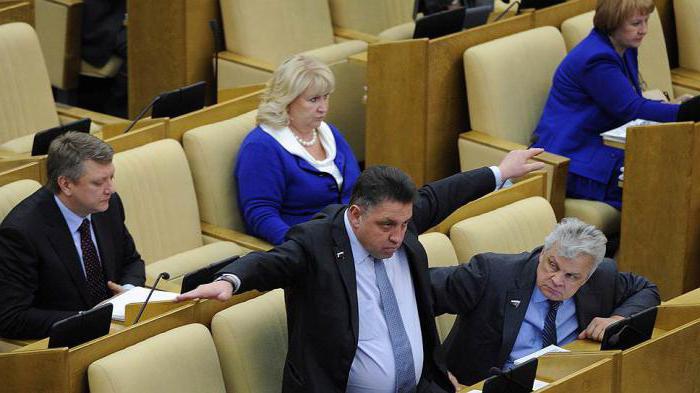
The term of office of an elected official varies by region. However, the law establishes one very important rule: the term should not be more than five or less than two years. The term can be changed only before the election of an official; making adjustments during the execution of the term of office is prohibited. If the term of office was not determined before the election of an official, then a two-year figure shall be established.
More on terms of office
The powers of elected officials of local self-government come into force from the day they are elected to the post. They cease on the day when a new elected person takes office. In this case, the beginning of the implementation of work activities should take place no later than 14 days from the date of election. If, for some reason, the newly elected person has not taken up the post, then, according to federal law, the former official continues to perform his labor duties.
If the elected official resigned ahead of time, the representative body is able to assign the corresponding duties to another person, up to the regional elections.
Early Termination
An elected official (member of an elected local government body) shall terminate his powers ahead of schedule if the following situations occur:
- death of an official;
- deprivation of his freedom;
- a legal court decision on the incapacity of an official (as well as on his unknown loss) comes into force;
- the decree of the head of the regional administration or the president of the Russian Federation on the removal of powers from an official takes effect;
- an elected official loses citizenship;
- a person voluntarily withdraws his authority;
- the official decides to engage in activities incompatible with his status;
- criminal liability is imposed on the person;
- a decision on the illegality or invalidity of the past election shall enter into force.
The termination of the powers of a municipal official ahead of schedule means the early holding of municipal elections.
Special Identity Card and Chest Badge
Any elected local government official must carry a special certificate confirming his status during his term of office. In addition, the head of the municipality or any other person who falls under the status of an elected official must have a special badge. Again, the use of such a sign is allowed only during the term of the exercise of their powers. The regulations on breastplates and certificates are approved by municipal regulations.
Most likely, recalling an elected official about the submitted forms of credentials will be somewhat skeptical. Of course, badges, special certificates and other elements are an ordinary formalism. Nevertheless, such forms are enshrined in law, and therefore it is required to comply with all established rules for an elected official of the local government.